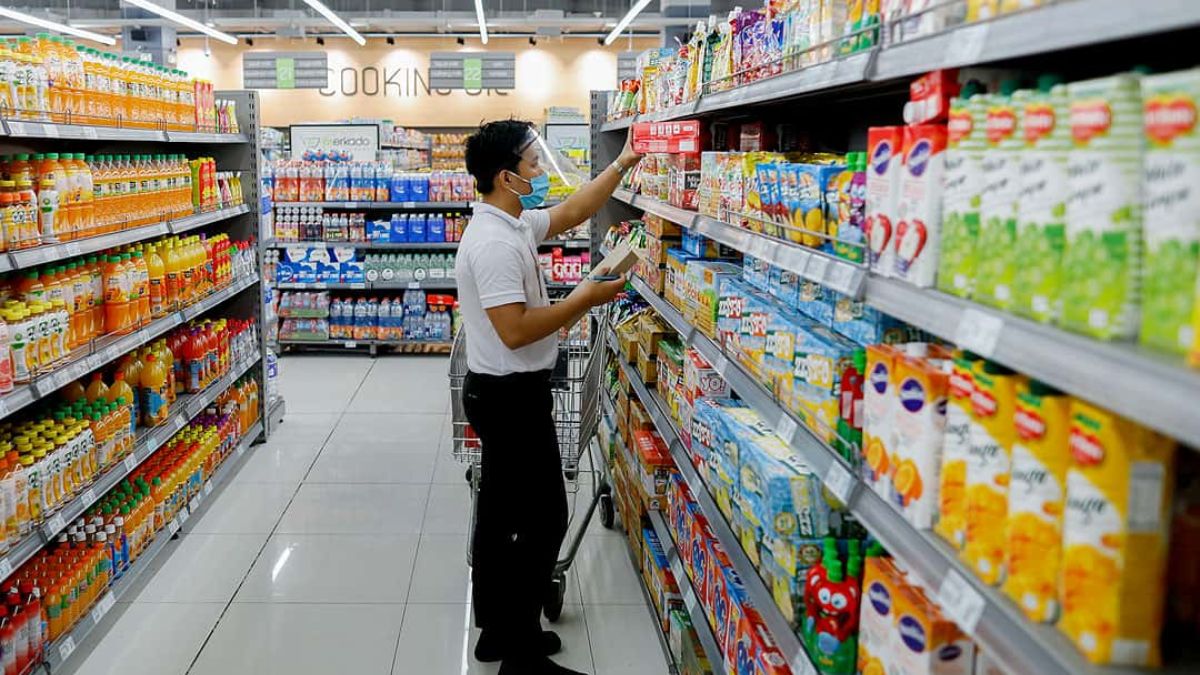Indonesian businesses are raising alarms over the government’s proposed excise taxes on fats and salt in processed foods, a move aimed at curbing rising health issues such as obesity and diabetes. This initiative, part of Government Regulation No. 28/2024, signed by President Joko Widodo, seeks to control the consumption of unhealthy ingredients in processed foods, following a similar excise on sugary drinks.
The Ministry of Finance, alongside the Ministry of Health, is conducting a thorough study to evaluate the potential impacts on public health, industry dynamics, and consumer purchasing power. Askolani, Director-General of Customs and Excise, emphasized the need for a detailed review before any tax implementation, acknowledging the complex economic and industrial ramifications involved.
Businesses, especially small and medium enterprises (SMEs) that dominate the food processing sector, are concerned that the excise taxes will elevate production costs and retail prices, potentially making processed foods less affordable for consumers. They argue that such financial burdens could lead to competitive disadvantages, impacting their market viability.
Health advocates support the regulation, citing the potential benefits of combating diet-related health issues. However, industry groups argue that the excise taxes may not effectively address the root causes of these health problems. They urge the government to consider balanced measures that also take into account economic stability and industry sustainability.
The government has assured stakeholders that the implementation of these excise taxes will be gradual and based on solid research to ensure minimal disruption. The comprehensive study will determine the final approach, aiming to balance public health goals with economic considerations.
Askolani reiterated that any new regulation would not be rushed, stressing the importance of assessing industrial, health, and economic conditions before moving forward. The Ministry of Finance and the Ministry of Health will collaborate to ensure that the excise taxes are implemented in a manner that safeguards both public health and economic interests.

